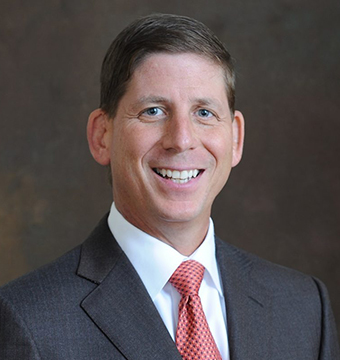In the next several posts, I am going to outline my biggest professional pet peeves. #1 is easy, I hate the term skilled physical therapy and even the term “physical therapy” is starting to be an irritant.
The origin of this debacle stems from medicare’s language and the requirement in the certification portion of the plan of care (which in and of itself is also a major pet peeve) that requires that the medical needs of the patient are such that they require”skilled” services. The intent is to differentiate that the services are not maintenance. Oddly enough, there is legitimate debate and legal work which is defending the rational for providing maintenance services to medicare patients because it prevents downstream problems and costs but that’s another post for another time. Unfortunately, within our own profession “skilled physical therapy” has taken on a life of its own.
The rational is that if a non physical therapist (e.g. technician) is performing a service under direct supervision of a PT that the service is not “skilled” and therefore it is not physical therapy and therefore should not be reimbursed. Medicare took this too an extreme and released an explicit provider list that requires all services be performed by a physical therapist or a physical therapist assistant. Many within our own profession and even within our national association have tried to make this the standard. The famous RC-3 which passed overwhelmingly is one step to unravel that mess. We can only hope that somebody at CMS applies a more logical stance to their hypocritical rule.
CMS has extensive language about PT’s and PTA’s. It aptly defines a physical therapist and even refers to their scope of authority “in accordance with state laws”. CMS also define’s clinician “to refer to only a physician, nonphysician practitioner or a therapist (but not to an assistant, aide or any other personnel)”. Understandably, the definition of a clinician does not include physical therapy assistants. So the first question you have to ask is why in their explicit provider rule do they include a clinician and a non-clinician? Why doesn’t it include other non clinicians who while under direct supervision of a physical therapist are allowed under most state practice acts? Perhaps more to the point, CMS states that PTAs” may not provide evaluation services, make clinical judgments or decisions or take responsibility for the service. They act at the direction and under the supervision of the treating physical therapist and in accordance with state laws.” Therefore, are we to believe that “skilled physical therapy” is provided by a non clinician who cannot provide clinical judgement? Which brings me back full circle to the whole pet peeve of “skilled physical therapy”. (side note: don’t kill the messenger here, I am only reporting CMS’ own language).
If we use the term “physical therapist’s care” there is clearly an impression of skill, clinical judgement, licensure, clinician, and authority. We have made the term “physical therapy” so generic that its meaning is ambiguous and it has become an interchangeable part for non clinicians like physical therapy assistants, ATC’s, techs, personal trainers, and exercise physiologists (whoever they are). Attaching the term “skilled” in front of it has made it more marginalized since it is literally care by a non-clinician who cannot make clinical judgements. Yet, we even have a large faction saying that it the care even if under direct supervision of a PT is rendered by other non-clinicians who cannot provide clinical judgements it is not skilled therefore it cannot be reimbursed. Sound absurd? You bet.
There is an antidote. Let’s get rid of the term physical therapy when the context should be physical therapist or care by a physical therapist. The implication of physical therapist’s care would always paint the responsibility of the patient to their PT who is liable. This is very similar to physicians who clearly are responsible for the patients care regardless of who took the blood pressure, temperature, or filled the syringe with medication. When we use the term physical therapy it is unfair to the educational rigor and knowledge attainment by the professional responsible. The emotional argument about restricting delegation and direction of care by the physical therapist is always based on a perceived notion of abuse and a perverse incentive to use only technicians for financial reasons. Can’t we agree that there already exists lots of abuse by over using non clinicians who cannot provide medical judgement doing physical therapy including physical therapy assistants who practice without on-sight direction and supervision? Can’t we create a cultural shift via a re-branding effort to always point to the physical therapist as the lynchpin? isn’t that what a 7 year doctoring profession and vision 2020 is all about?
I know that I am going to try my best to promote in this manner. We market heavily and promote that patients have their own personal or family physical therapist. Rory Mcilroy who hurt his wrist in a recent golf tournament had his personal “physio” come out and take a look. Heck, even Cher recently sent her physical therapist to to take care of her son who injured his knee on Dancing with the Stars.
Wouldn’t a name change to American Physical Therapist Association make more sense? Just doing a small part and changing to hash tag #physicaltherapist is a small step in the right direction. Lastly, this post is in no way intended to denigrate physical therapy assistants and other non clinicians who clearly play an integral role in a physical therapist’s care of a patient.
Thoughts?
@physicaltherapy (trying to change to @physicaltherapist)
